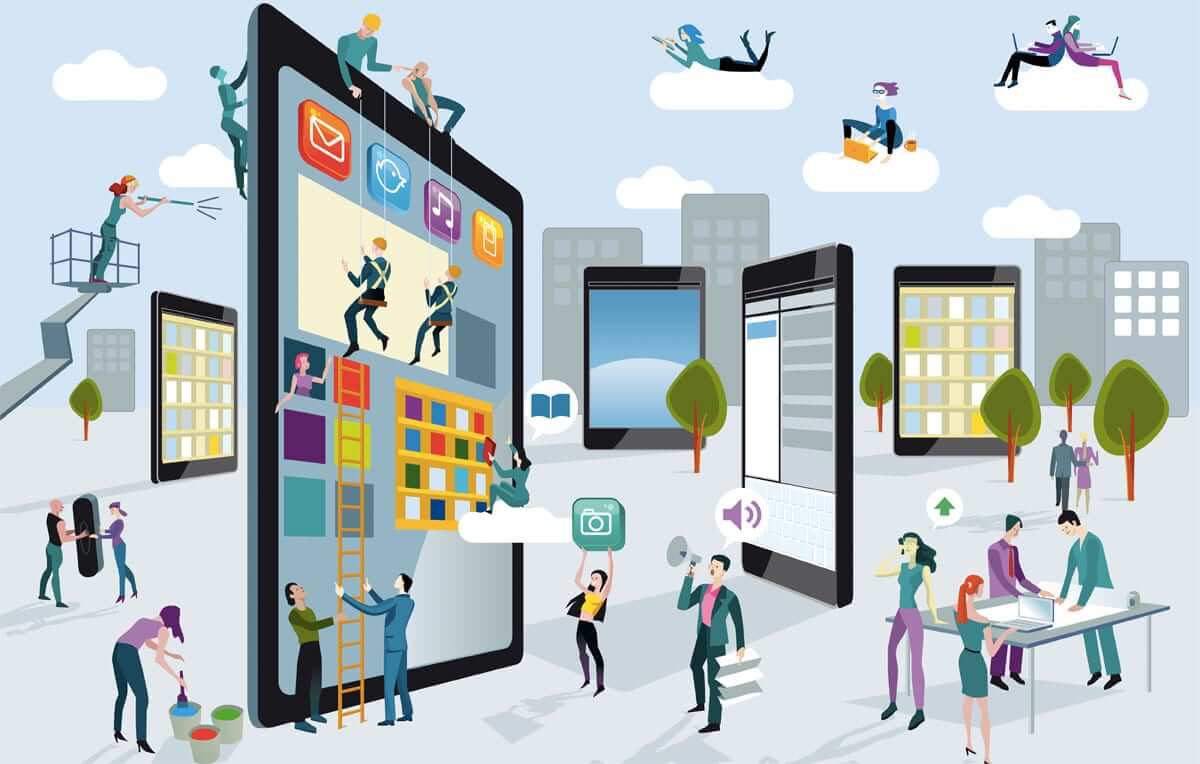A recent survey by TimeTrade reveals that 85% of consumers prefer shopping in a physical store versus online. In-store shopping is still the heart of experience, mainly because there’s an “emotional connection” established between the retailers and shoppers in physical shops. Although some consumers are still after the brick-and-mortar counterpart of online stores, shoppers are more likely to discover products online. It goes to show that the popularity of e-Commerce also has an impact on in-store shopping success.
How can retailers boost their sales and personalize their marketing strategies if this is the case? This is where a new strategy comes into the picture. With connectivity ever increasing, today’s retailers can use mobile devices to unleash the power of personalized marketing.
For example, mobile apps that provide the product descriptions will be more convenient for shoppers rather than searching it online. Instead of putting so much effort into staffing and offering self-service kiosks to customers, retailers can boost their sales through IoT-powered customer engagement. Imagine how convenient will it be for customers to point their cameras at an item and see its detailed product information instantly?
Think, for example, how New Zealand based-VMob is using IoT to help McDonald’s revamp its customer engagement in various countries. With the help of a mobile app, customers have the access to standard features such as restaurant locator, product information, promotional offers and specials. With the implementation of the new platform, there’s been a 700% increase in offer redemptions in the fast food chain’s Netherlands stores.
The IoT affect the retail industry in a way that it “puts the customer in the driving seat,” Pieter Nota wrote on the Philips blog. The company, which promotes a lighting technology that can be connected to smartphones, is just one of the few companies that are already monetizing IoT.
In addition to its power to transform customer experiences, the IoT can empower retailers and drive smarter operations. Both small-scale and large-scale retailers can take advantage of fixed and mobile connected solutions. This is likely to happen, as the world will be a more intimately connected place by the end of this decade as there will be as much as 25 billion connected devices globally by the year 2020. Employees can deliver a personalized customer experience when they are equipped with the product data and reviews.
Meanwhile, retailers may also utilize the IoT to manage smarter operations. For instance, retailers can track their inventories with the help of shelf sensors, RFIDs or price tags. Still, it’s not only the array of barcode scanner and in-store digital signage technologies that play a vital part in retail evolution.
Retailers should consider the IoT to combine data from different sources as well as deliver a truly personalized experience for their customers. By implementing an IoT strategy, retailers can also use remote assistance management to their convenience and save millions of dollars in the process. More importantly, retailers will be able to transform their customer engagement and improve customer loyalty.
written by Jonha Revesencio, a Business Author for The Asian Entrepreneur as well as a Business Strategist with more than years of experience creating digital media strategy for brands and startups in the FMCG and tech industry. You may connect with her on LinkedIn and Twitter.





























